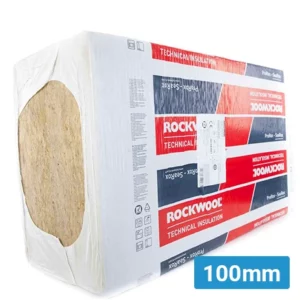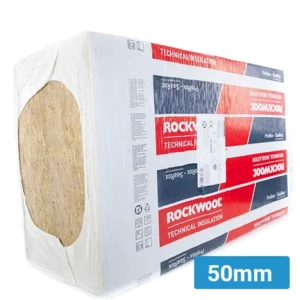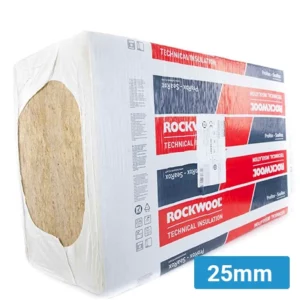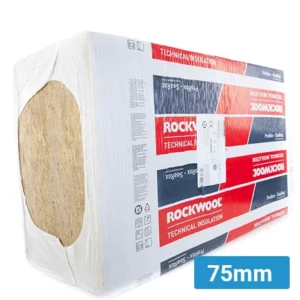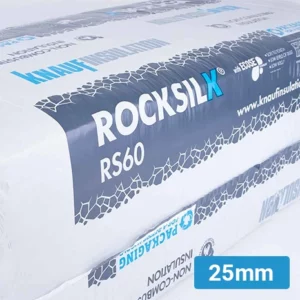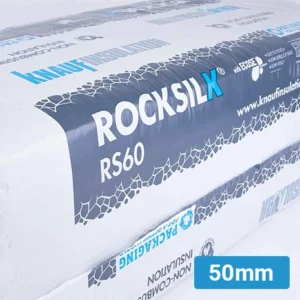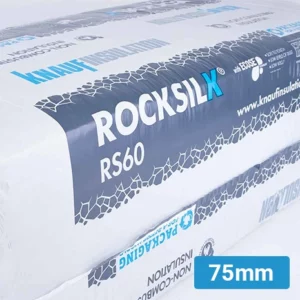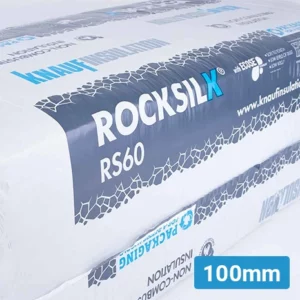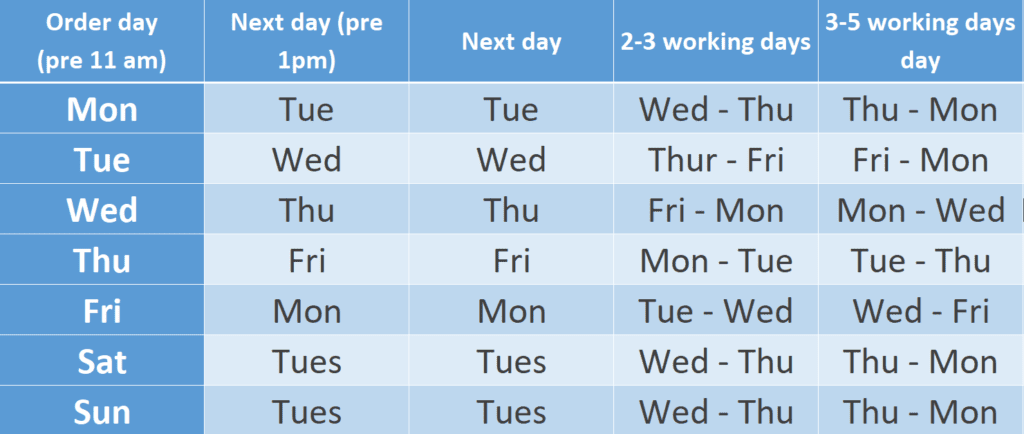Are stud walls soundproof? Here’s the truth
Stud walls are not soundproof, mainly because they have a really low mass. Low mass means it cannot reflect airborne noises like talking and music. Without this ability, it cannot give your home sound insulation, aka, soundproofing.
A stud wall can be made soundproof with the addition of three elements: mass, isolation and absorption. Together, these three different materials and techniques will create a soundproofing wall.
Will plasterboard soundproof a stud wall?
No, plasterboard will not soundproof a stud wall. Even a single layer of acoustic plasterboard will not soundproof your stud wall! While acoustic plasterboard will add more mass, it can’t reflect very much noise alone.
If you want to simply use a layer of soundproofing board to block noise, then you would need a specialist soundproofing panel. The MuteBoards are actually made from a variety of materials, not just acoustic plasterboard. This means they can block a lot more sound! However, a direct-to-wall panel system still won’t be hugely beneficial.
Just using a MuteBoard by itself means you haven’t adding the other two ingredients: absorption and decoupling. While increasing the mass of your wall is a good idea, it won’t create a great soundproofing solution!
Why you can’t soundproof without removing the existing plasterboard
You can’t soundproof a stud wall by simply putting materials over the top of your original stud wall, because the cavity spaces aren’t treated. Even if you opted for a direct-to-wall system (only suggested for small spaces), you would still need to remove the existing drywall surface.
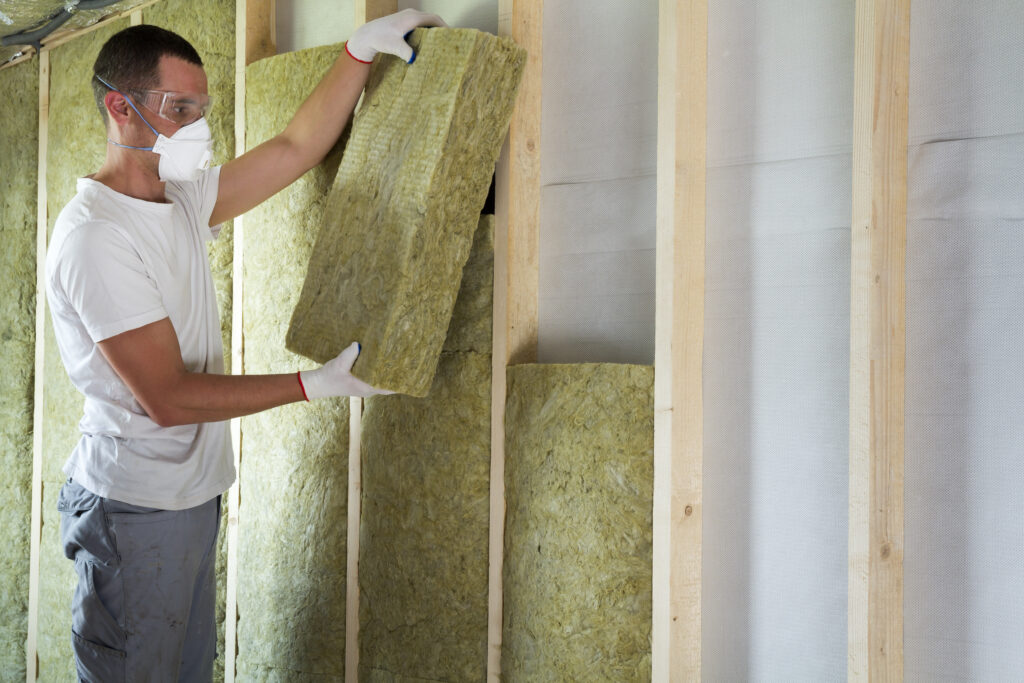
The cavity spaces are big weak areas because they create a drum effect. The drum effect is when sound bounces around inside a cavity space and actually gets louder. This means your original noise complaint is made worse and more noise will get through.
To treat cavity spaces inside stud walls, sill the gaps with acoustic-grade mineral wool. This has a mass of 45kg m2 or higher. Acoustic insulation is able to reduce reverberation and help reduce the noise. We offer mineral wool at 25mm thick all the way to 100mm thick. It also comes in a variety of weights, the higher the weight the more sound it will control!
Metal stud wall soundproofing – the best option!
Metal channels can be used to soundproof a stud wall by creating a decoupled frame. This is the best way to soundproof a stud wall as it breaks the pathway for vibrations to travel through. We use MuteClips to screw into the stud work and fix a metal channel into the clips.
This metal system hovers the next layers away from the existing wall (which will be vibrating with sound energy). This physical separation is like a roadblock for the vibrations and will massively reduce noise from your neighbours!
If you want to learn how to soundproof a stud wall, just take a look at our how-to guide!
You don’t need to soundproof both sides of a stud wall!
Before you ask, no, you don’t need to soundproof both sides of a stud wall! Soundproofing one side of a stud wall with the MuteClip and channel system can reduce up to 19dB of sound. For context, a ten decibel reduction is a halving of a sound.
This means you can easily block out your noisy neighbours without them even knowing! Soundproofing just one side of your stud wall will block sound getting into your room and also block sound getting out of it!
How much is stud wall soundproofing?
Stud wall soundproofing starts at only £41 per m2 (at time of writing in 2023). This system brings you a mighty 14dB reduction, which is much better than any direct to wall system! Because it works so well (without breaking the bank), we still use our MuteClip system even for this budget stud wall soundproofing.
Many places won’t use a decoupling device in their ‘cheapest‘ stud wall soundproofing and instead give you something ineffective. We’ve made sure that every system gives you a decent sound reduction, budget or not!
How much space does a stud wall soundproofing partition use?
Stud wall soundproofing varies from 35mm to 74mm. The slimmest option is a direct to wall soundproofing panel that we only use when the space isn’t big enough to allow for anything else. Our best systems, using the MuteClips, do take up more space but it’s still less than the width of a five pound note. So that’s not very much!
Generally, a space only requires the very slimmest stud wall soundproofing if that’s a door or window in the way. Ultimately, a measly 74mm is well worth spending on peace and quiet. Ahh!

